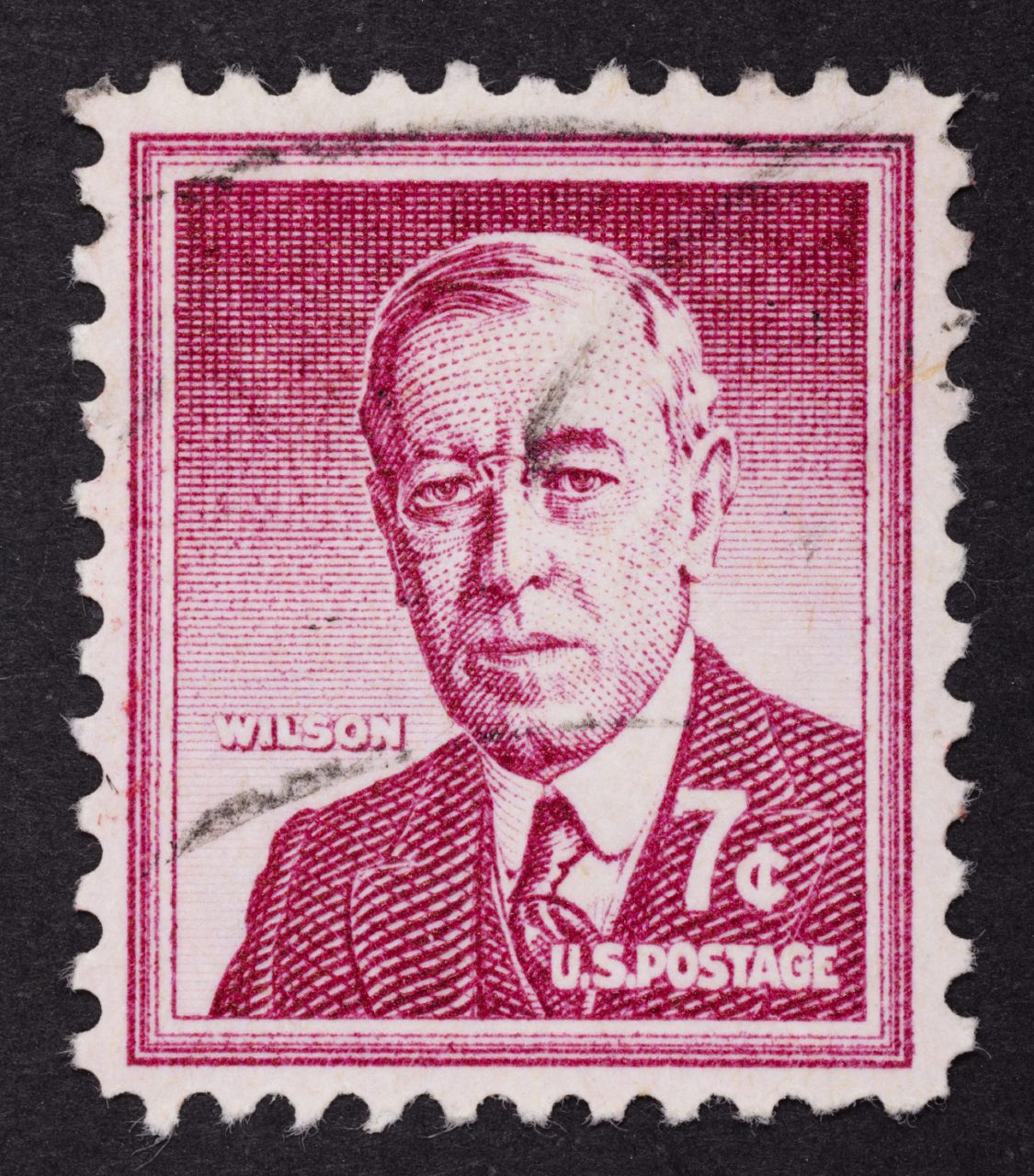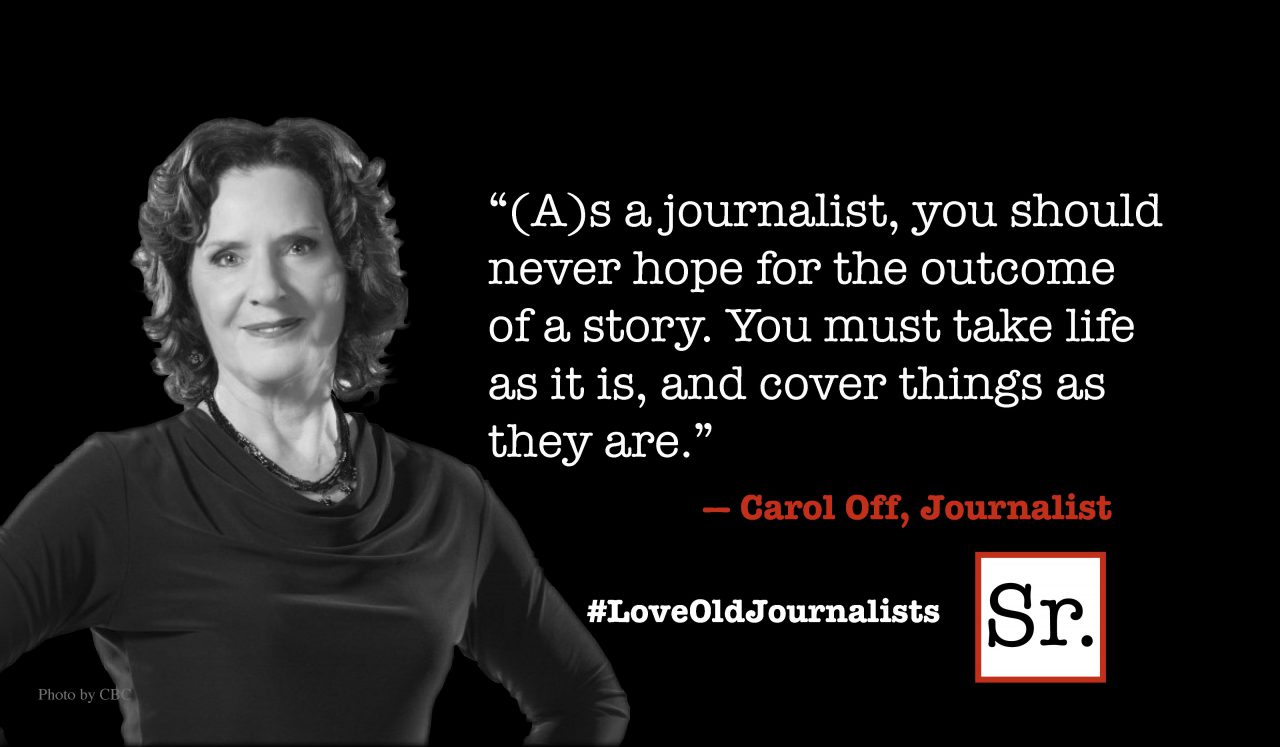This fall some Princeton University students uncovered one of the worst kept secrets in American history: Woodrow Wilson, the 28th president of the United States, was a racist.
If these students had grown up reading Howard Zinn or Richard Shenkman, this wouldn’t have been a surprise. Unlike the historians who wrote our high school text books, these guys tried to tell the truth about U.S. history. The truth — and we didn’t read it in the thick history texts collecting dust in our school desks — included the genocide of native Americans, the horrors of slavery, the bloody imperialism of American expansion, the peccadillos of pious politicians, or the sexual predation of our greatest presidents.
No wonder history is so boring in the 11th grade.
One of my last interviews as a reporter for the Pottstown, Pa., Mercury, was with James W. Loewen, author of Lies My Teacher Taught Me, Everything Your American History Textbook Got Wrong.
On the phone, Loewen came across as a passionate man who never made his peace with the texts that lied to him, especially about some of our most beloved icons.
He was particularly incensed about the mistreatment of Helen Keller, known to most of us baby boomers as the woman who overcame blindness and deafness as dramatized in The Miracle Worker, and who was featured in My Weekly Reader as she stroked President Eisenhower’s beaming face.
But what the history books left out was the fact that Keller was a far-left radical who campaigned for socialist candidates for U.S. president and openly supported the Soviet Union.
Loewen was also displeased about the incomplete depiction of President Wilson, described in most texts as a progressive leader whose vision of the League of Nations was squashed by short-sighted isolationists.
But, Loewen pointed out, Wilson was also a white supremacist who told “darky” stories in cabinet meetings and ordered the segregation of government offices. The proper Presbyterian president also denigrated any American who was not of white Northern European heritage.
In addition, Wilson – who posed as a man of peace – was chronic interventionist in foreign countries. Loewen wrote:
“Under Wilson, the United States intervened in Latin America more often than at any other time in our history … In 1917 Woodrow Wilson … started sending secret monetary aid to the ‘White’ side of the Russian civil war … This aggression fueled the suspicions that motivated the Soviets during the Cold War …Wilson’s interventions in Cuba, the Dominican Republic, Haiti, and Nicaragua set the stage for the dictators Batista, Trujillo, the Duvaliers, and the Somozas.”
It’s no wonder that the Black Justice League has called upon Princeton, where Wilson was also president, to remove his name from buildings and institutions where he has been honored. However, given what has always been known about Wilson, the move seems belated.
And, given the truths Zinn, Shenkman, and Loewen have been eager to uncover, one must wonder how many other great figures are undeserving of the laurels we have bestowed on them.
Beginning with George Washington, a slave owner who was conflicted about the efficacy of the peculiar institution, especially after he calculated that the overhead costs of maintaining a slave population often cancelled out the benefits of free labor.
In his Pulitzer Prize winning biography, Washington: A Life, Gene Chernow reminds us of some disturbing facts about the Father of Our Country that were never highlighted in high school texts. As a general and later as president, Washington was attended by a large retinue of slaves dressed in uniforms bearing his family crest. When the U.S. capital was temporarily lodged in Philadelphia, President Washington brought a large number of his slaves along to run his household. He circumvented a Pennsylvania law that automatically freed slaves who resided in the commonwealth for more than six months by returning them temporarily to Mount Vernon every five months.
Washington freed all his slaves in his will (effective upon the death of his wife Martha, which surrounded her with people who looked forward to her passing). And few historians believe Washington’s enormous contributions to U.S. history should be lost in the reality that he was a slave-owning Southern aristocrat who acted like one.
There are other great figures of U.S. history who don’t deserve all the nice things high school texts say about them. President Jefferson had a slave mistress who carried several of his children. President Jackson’s relocation of Native American communities was genocidal and brutal. Even the Great Emancipator, President Lincoln, did not believe African Americans were his biological or intellectual equal.
And in a seemier side of history, which may or may not call into question their political performance, Presidents Cleveland, Harding, Franklin Roosevelt, Eisenhower, Kennedy, and Johnson were all purported to have extra marital affairs.
But given that much we think we know about American History is not true, including the assumed purity of the greats, the question remains what we should do about it.
Should we tear down their statues and name plates and cleanse their sordid memories from our public and private institutions?
Personally, I would hope not.
But I think it is time that we look more carefully at the history that has preceded us and acknowledge that it is rarely as simple and as benign as we thought it was.
I hope President Wilson’s name will not be expunged from the institutions he led. But I hope we will also be less naive about who he was, where he came from, and the human frailties that demeaned him.
And if an unreconstructed racist and vigorous imperialist was chosen as our leader for eight years, what does that say about the darkness of the times and the ignorance of those who put him in power?
Those are the questions we need to answer. And the question will never come up if we simply erase the names of the icons whose feet of clay offend us.









